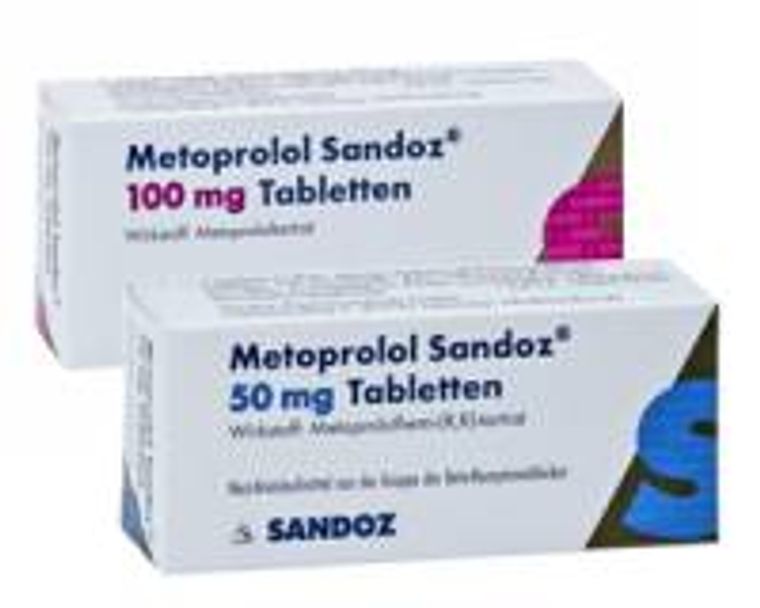An excellent experience.
This was an excellent experience which actually surpassed my expectations.I required a medication fairly urgently and probably just a one off however I will have no hesitation in using the service again if need be.The service was exceptionally good, courteous and helpful. My meds arrived very rapidly and I was able to fully track the delivery progress which was via a well established courier company.Highly recommend.
Joyce T
Quick and straightforward assessment
Quick and straightforward assessment, easy to order, fast delivery service, ability to ask questions via email, regarding the medication you’ve ordered. The only thing I was slightly disappointed with, was when I made my second order on the medication I previously purchased, as the price went up by almost £10.
Anna Faryno
Great service
Fast, efficient service with no issues.
STEVE P
The best pharmacy online
The best pharmacy online
Fernando Ventura
Very efficient service
Very efficient service. Made accessing healthcare and treatment easier than accessing GP services.
Mr Roy East
Easy to use and quick deliver
Easy to use and quick deliver
Ciara
Excellent 1st class service
Excellent 1st class service. I could find the product I needed, placed the order, and after the swift consultation, the product was sent fast and securely. I would recommend.
John Jones
Always reliable
Always reliable, smooth service. Happy with products and super fast delivery. 5 stars as always!
Irene.
fantastic service from doctor online,my…
fantastic service from doctor online,my prescription was processed and delivered very quickly
jeremy hill
No issues
No issues. Speedy service. Would use again
Miss Davies
Genuine platform
I was skeptical to see another platform with doctors services as I was scammed in past.I have spoken to customer service multiple time( they answered all my concerns) and later on decided to place an order, my inquiry was dealt with it professionally, timely and accurate. I can recommend.
Katarina
Good service and fast delivery
Good service and fast delivery
Miss. Michelle Tyrrell
The medicine is helpful
The medicine is helpful
Ka Man Pamela Tong
an excellent service again,my…
an excellent service again,my prescription was processed and delivered very quickly, absolutely brilliant
jeremy hill
Excellent service and excellent company…
Excellent service and excellent company to deal with. I would thoroughly recommend
Antonio Tomasso
Arrived quickly
Arrived quickly. It helps that I know the product works. Hopefully, this will be the last tube I will need to resolve everything.
Kin Yu
A guide to the tablets I ordered and…
A guide to the tablets I ordered and prompt delivery
eric todd
Perfect service and delivered fast-…
Perfect service and delivered fast- GreatWill buy again.Many thanks.
IAN
When you don't know where to turn and…
When you don't know where to turn and you find this amazing doctors you feel much better. I was lucky enough to find them, describing my symptoms and then wait for a call or the prescription. It used to be the same in UK but now the waiting time to get an appointment is just out of reach. Thanks again
MRS T CHAMBERLAIN
Fantastic
Forgot i was on holiday the following weekBut ordered my two lots of medication delivered in 3 days Fantastic
Mr. burkill




